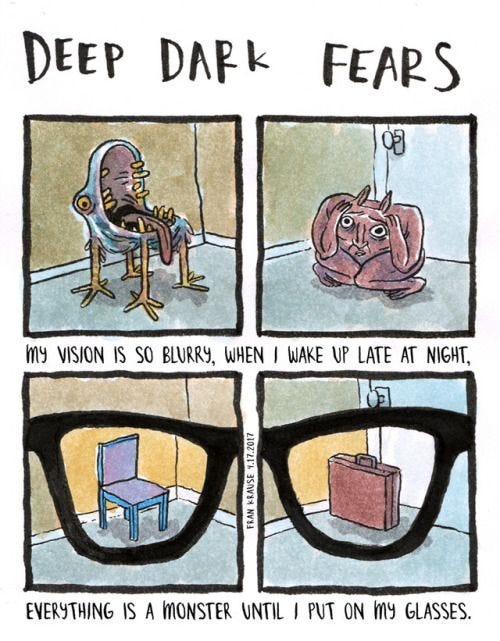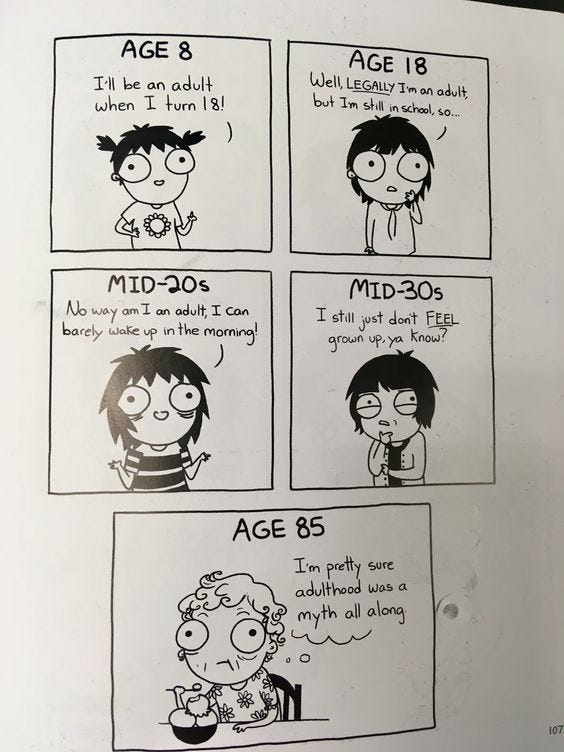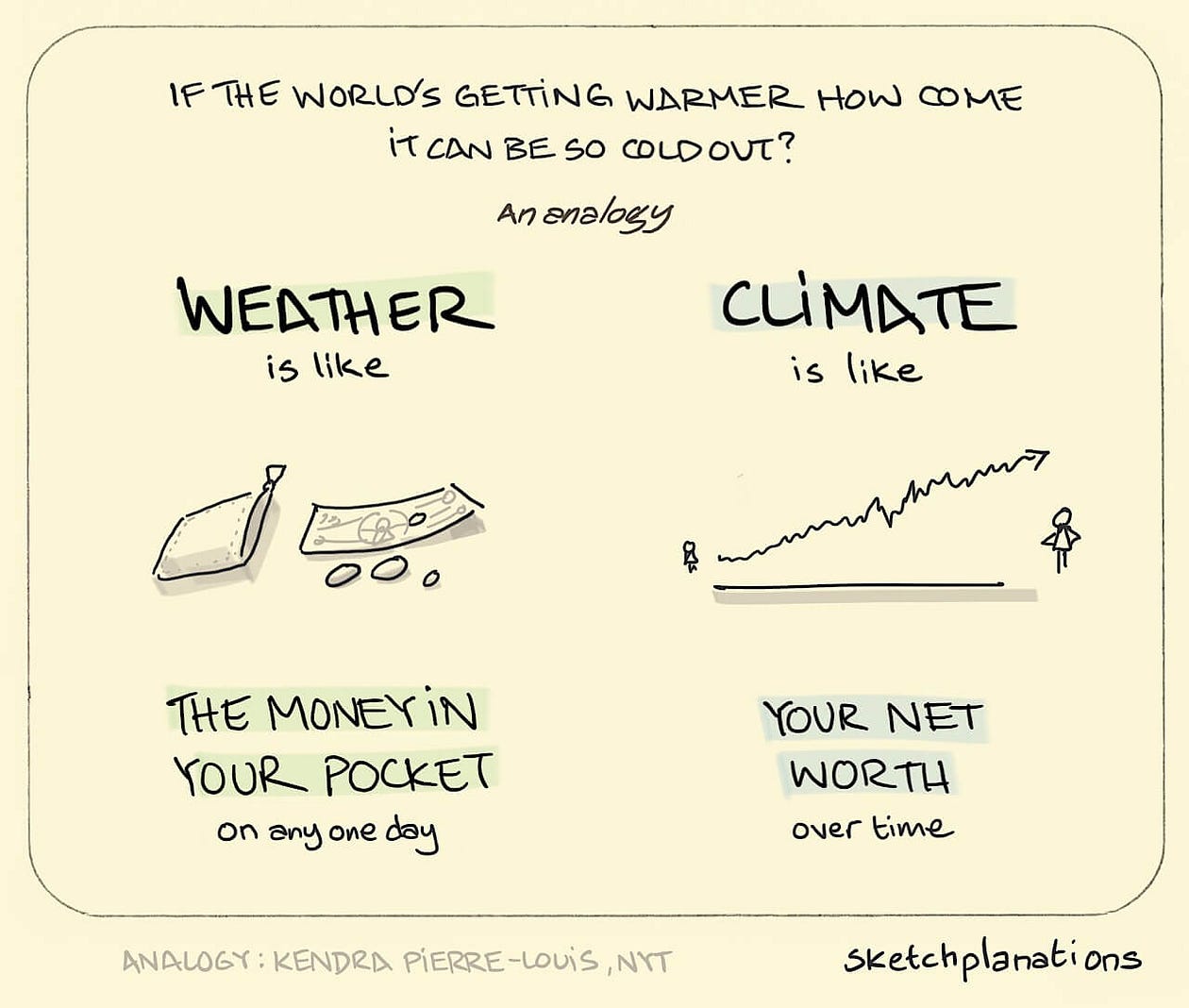If you’re a millennial or older, there’s a high chance that you’ll have some faint memories of the previous recessions — of the news flashing red, of people going bankrupt, of the world seemingly falling apart from every direction.
Bloomberg recently ran a podcast headline — The Great Resignation Could Soon Be The Great Sacking — a title that echoes the turning waves in the economy as businesses brace for the incoming downturn.
But things always look worst when you’re in the moment.
Let’s take a step back and breathe — because the recession will only last 11–17 months, probably.
Everything goes up, everything goes down

According to CBNC, an average recession lasts about 15 months. Since 1933, the U.S. economy has experienced 13 recessions. This puts us on an average of a recession every 6-ish years.
The biggest and most recent recession was back in 2007 and lasted until 2009. This was caused by a subprime mortgage scheme (aka, the housing debt Ponzi) that fell over like a stack of cards onto a leaning tower of dominoes that was the banking system.
For many of us who are born in the 90s, this is somewhat of a distant memory. We were just kids, or young adults coming into a gloomy world. Remember how hopeful we were? So eager to change the world?
Before that, there was the Dot-com recession of March 2001 to November 2001 — when ‘tech’ companies fell like flies because the world wasn’t quite ready or established in the ways of online shopping just yet. Sure, money was a bit tight and the electricity did get cut once. There were weeks when instant noodles and cabbage was the main meal — but we made it out as a family unit.
The recession of 1990 to 1991 started right after I was born. I was just a baby, so can’t remember anything but from what I know, it was a good year for movies. Home Alone was released, along with Pretty Woman, The Godfather Part 3, and Edward Scissorhands.
The 80s had two recessions — so that’s fun for anyone born in the 80s.
There was one in the 70s, the 60s, two in the 50s, one in the late 40s, and another in the early 40s. You get the gist.
Recessions are not new. We just ‘forgot’ about them.
It will feel melodramatic, but it will pass

A recession happens when the economy stops growing. Basically, people spend less, so there’s less cash flowing through the system. When there’s less cash, businesses cut back.
When businesses cut back, there’s less supply.
When there’s less supply, the price goes up.
When the price goes up, people have less to spend on things.
People complain. The government throws money at the people.
Things get a bit funky when inflation decides that it also wants to play the ballgame. Prices go up, less money to spend, business contracts — so they cut back on hiring and keeping employees — because there’s less money coming in.
You get the gist.
I’m not an economist but that’s the general basics of it.
This loop can happen due to various reasons and in our case, it was a mix of a certain 2020 event, followed by global confusion, supply chain disruptions, and governments pumping money out to the people like it’s the cure to the root cause.
However, that was merely treating the symptoms of something bigger.
Fast forward to 2022 and we have Russia doing its thing, Europe going into defensive crisis mode, and whatever else that’s happening right now. For all we know, monkeypox will probably be the flavor of 2023.
We’re in a better position to get unstuck than ever

Unlike past recessions, we are in the best position to get unstuck.
The major difference here is that we are no longer reliant on just our physical location to trade value. Digital platforms make it possible to create intangible goods and sell our services globally.
While it won’t make us instantly rich overnight, it affords us the opportunity to become unstuck when we’ve lost our jobs or when cash flow gets jolted from existence.
Money is a measure of value. Currency is the unit of exchange.
Digital globalization and move into remote workspaces have untethered us from our location, leaving us with the option to be free. While not all workplaces are onboard — many have already shifted.
Getting unstuck is learning the crafts for the online and interconnected world.
This is something that previous generations didn’t have. They were stuck looking through newspapers for job adverts.
Meanwhile, micro startups and solopreneurs are popping up in every direction and making a living — some coming directly from an actual living room.
So if you’re feeling stressed out by echoes of the word recession — this is not the first and only recession that you’ll ever experience. Learn what you can from this cycle so that you can prepare yourself (and your kids) for the next one.
Think of the recession like rain clouds — at some point, the sky will clear and there will be sunlight again. Until then, just remember, if you can survive in a recession now, you’ll most likely thrive when the boom hits.

